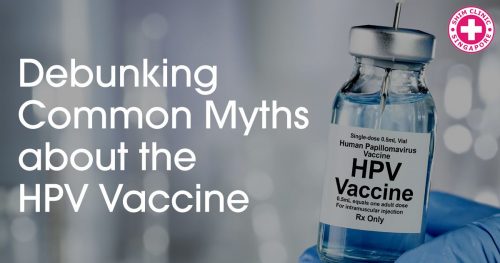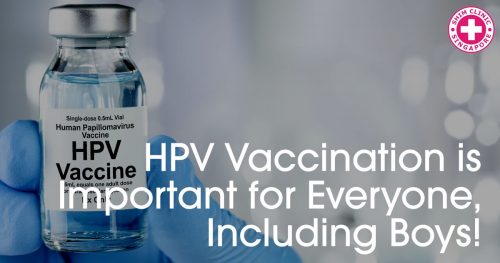Shigella flexneri is the bacterium that causes shigellosis. Previously, it was spread due to poor hygiene but today, Shigella causes an STI on the rise. There are several reasons why it has affected more people and the fact the bacterium has become antibiotic-resistant is one of them.
Continue readingPosts Tagged → #STD
Rare New STD Neisseria Meningitidis
NM or Neisseria meningitidis is a close bacterial relative of Neisseria gonorrhoeae – the cause of gonorrhoea. In 2015, the NM bacterium mutated to start transferring more efficiently from one person to another via sexual contact. Since then, NM has turned into one of the previously rare STDs now on the rise.
Continue readingMycoplasma Genitalium – a STD on the Rise
Mycoplasma genitalium is not a well-known sexually transmitted infection. The problem with this STD is that few people know about it or have an idea about the best prevention and treatment options. It has also become apparent that mycoplasma genitalium infections are on the rise in various parts of the world.
Continue readingNew Studies Suggest HPV Vaccines Could End Cervical Cancer
It’s a well-known fact that HPV causes cervical changes that can lead to cancer later on. HPV vaccines have so far proven to be effective in terms of preventing infections. New studies suggest that vaccination programs have helped for a reduction in cervical pre-cancer rates.
Continue readingHPV Vaccine Brings New Hope to Seriously Reduce Cancer Cases
Vaccines like Gardasil 9 offer reliable protection against HPV – the virus known to cause cervical, penile, throat and mouth cancer. Clinical research shows that countries with a well-developed immunisation program have already seen a reduction in the number of cervical pre-cancer and cancer diagnoses.
Continue readingDebunking Common Myths about the HPV Vaccine
Vaccines like Gardasil are readily available and they offer reliable protection against multiple types of cancer plus genital warts. Since these vaccines are relatively new, however, people have many questions about them. Misconceptions spread around and prevent many from getting vaccinated. Debunking these common myths is essential to maximise vaccination efforts and protect both men and women against an array of potential health risks.
Continue readingHPV Vaccination Is Important for Everyone, Including Boys!
The HPV vaccine has proven time and time again to be safe, effective and well-tolerated. It protects against genital warts, cervical cancer and several other types of cancer that have been linked to HPV exposure. While the vaccine is mostly being promoted as a solution for women, the importance of getting boys vaccinated high. The prominence of HPV-related cancers among men is high and vaccines can offer reliable protection.
Continue readingSyphilis Infection Rates Increase Across the Globe
Numerous countries and regions have reported an increase in the rate of new syphilis diagnoses. The increase has been rapid in Japan, various Canadian provinces and European Union (EU) countries. According to researchers, the reasons behind the increase in the rate of STIs are complex. There’s a tendency for reduced barrier contraception use. In addition, new syphilis diagnoses affect a disproportionately high number of men who have sex with men.
Continue readingNew Test Becomes the First Reliable Mycoplasma Genitalium Detection Opportunity
The FDA in America has given its approval for new tests that can positively identify an STI-causing bacterium called Mycoplasma genitalium. The FDA approval came after 12,000 samples were examined and the reliability of the test was confirmed. Mycoplasma genitalium is known to cause urinary and reproductive tract infections. Until present, however, there was no reliable way to test for its presence. The early treatment of Mycoplasma genitalium infections is very important because in the long run, these could contribute to infertility or pregnancy complications.
Continue readingA Rare, Serious Form of Gonorrhoea Has Appeared: Here Are the Details
Five cases of a rare form of gonorrhoea infection have been identified in the US. Called disseminated gonococcal infection (DGI), this condition is caused by the bacterium that is responsible for the STI. DGI usually results from a high viral load, which is why the diagnosis of five people with this medical condition is uncommon. Doctors recommend regular screening for all sexually active individuals, as well as the practice of safe sex with condoms to bring down the risk of infections.
Continue reading









